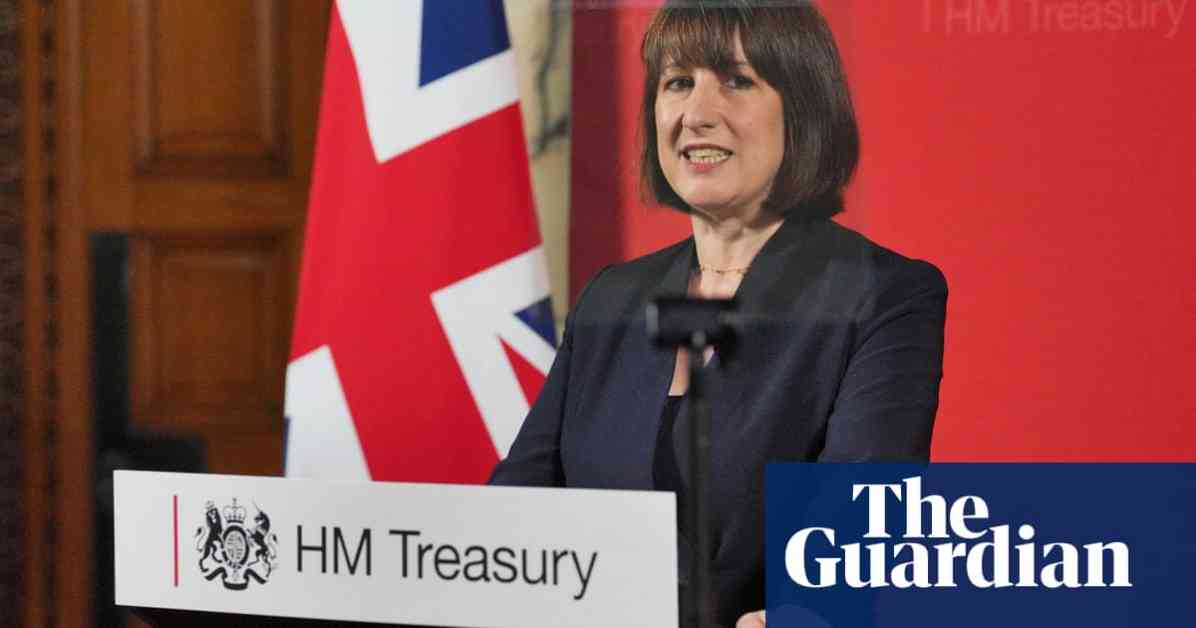Rachel Reeves, the new Chancellor of the Exchequer, has outlined a plan to address the dire economic situation inherited from the previous Conservative government. In an effort to tackle the £20bn hole in government spending, Reeves has proposed a series of measures including cuts to public spending, tax rises, and delays to infrastructure projects.
One of the key initiatives is the establishment of an “office of value for money” that will identify savings and recommend cost-cutting measures for the current financial year. Additionally, surplus publicly owned property will be sold, and non-essential spending on consultants will be stopped immediately.
While Reeves has emphasized that these measures are necessary to repair the damage caused by years of unfunded promises, she has also made it clear that this is not a return to austerity. Instead, it is about making tough decisions to ensure the sustainability of essential public services.
In a move to support the economy and avoid strike actions, Reeves has approved above-inflation pay rises for public sector workers, including teachers and NHS staff. This decision, costing approximately £3.5bn more than budgeted, is aimed at preventing further economic instability.
Despite earlier pledges not to raise taxes on working people, Reeves has acknowledged that tax increases may be necessary. While income tax, VAT, national insurance, and corporation tax will remain unchanged, changes to capital gains tax, inheritance tax, and pensions relief are being considered.
The state of the public finances, according to Pat McFadden, the chancellor of the Duchy of Lancaster, is worse than previously estimated. There have been in-year pressures that were not disclosed by the previous government, leading to unexpected spending challenges.
Looking ahead, Reeves has committed to holding one major fiscal event each year to provide clarity and stability for the markets and family finances. This will help avoid the uncertainty caused by surprise budgets in the past.
In terms of infrastructure projects, several large initiatives, including the Restoring Your Railway Fund and the Stonehenge bypass, are expected to be scaled back or scrapped. This decision is part of a broader effort to be transparent with the public and address the true state of the public finances.
While these measures are necessary to address the economic challenges facing the country, there has been criticism from some quarters. Gareth Davies MP, the shadow exchequer secretary to the Treasury, has accused Reeves of trying to deceive the public by claiming to save taxpayer money while planning tax hikes.
Overall, Rachel Reeves’ proposals signal a significant shift in economic policy as the new Labour government grapples with the aftermath of the previous administration’s financial mismanagement. By making tough decisions and prioritizing fiscal responsibility, Reeves aims to steer the country towards a more stable and sustainable economic future.












